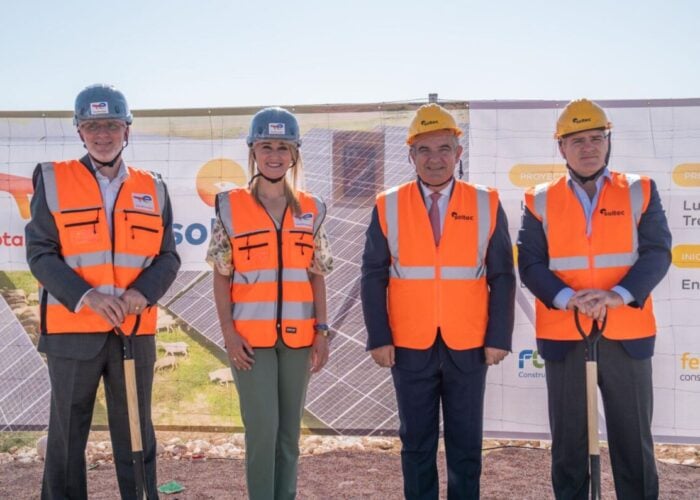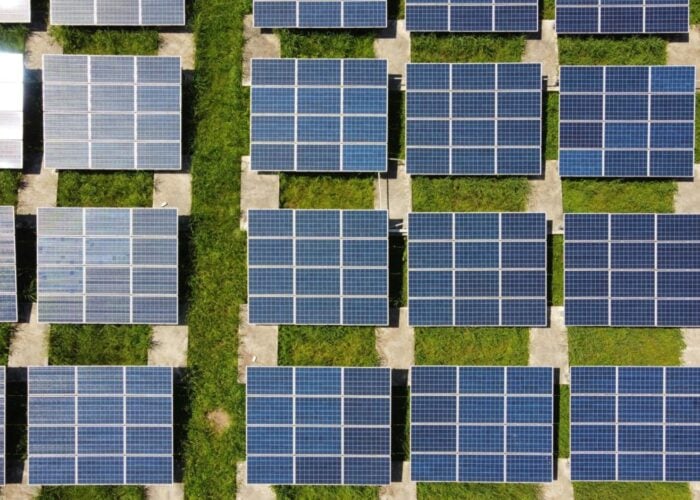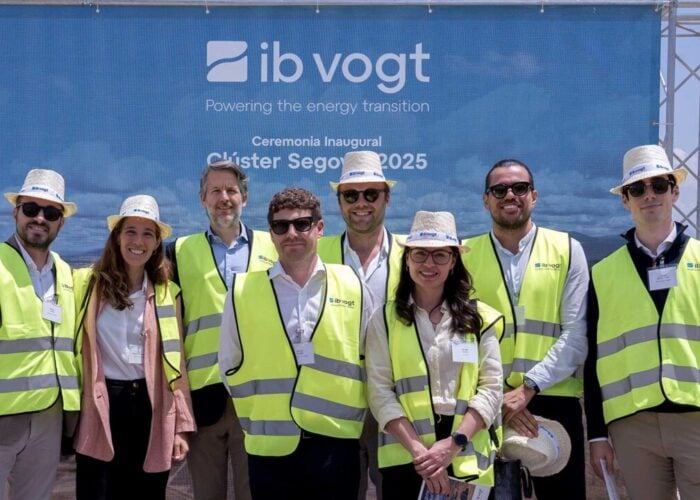
PV operators have urged the sitting Spanish government to persist with renewable championing policies after its electoral success last Sunday.
José Donoso, head of national PV association UNEF, praised the “good work” of green transition minister Teresa Ribera after her socialist party PSOE scooped up 123 of 350 parliament seats at a snap poll on 28 April, far ahead of right-wing rivals PP (66) and Ciudadanos (57).
Unlock unlimited access for 12 whole months of distinctive global analysis
Photovoltaics International is now included.
- Regular insight and analysis of the industry’s biggest developments
- In-depth interviews with the industry’s leading figures
- Unlimited digital access to the PV Tech Power journal catalogue
- Unlimited digital access to the Photovoltaics International journal catalogue
- Access to more than 1,000 technical papers
- Discounts on Solar Media’s portfolio of events, in-person and virtual
“Continuity and stability are always positive, particularly when things are on the right track,” Donoso told PV Tech today. “These past few months we’ve seen the government’s decisive participation at EU renewable talks, new clean energy goals and support to self-consumption.”
Daniel Pérez, legal head at clean energy firm Holaluz, conveyed a similar sentiment. “As Ribera has deserved wide approval within the energy sector, I do not see any reason for not choosing her again as minister,” he remarked when approached by this publication.
Crunch time ahead for sweeping solar targets
The reappointment of Ribera, named minister only last June, is contingent on the government makeup that emerges from the election.
Despite its victory, Pedro Sánchez’s PSOE lacks a majority and must decide whether to enter coalition talks with fellow left-wing formations or centre-right Ciudadanos. Statements this week suggest socialists may shun these alliances altogether, forming a standalone government that would rely on other parties’ support on a case-by-case basis.
Politics will too dictate the fate of Ribera’s landmark policy, a proposal tabled in February that mandates 37GW of PV capacity by 2030 as part of a wider renewable push.
Asked whether the new parliament will endorse the draft plan, Donoso commented: “This legislation will define Spain’s climate change fight in the next decade. Given the possible political changes over the period, the goal should be to reach the maximum consensus possible; that will require a lot of negotiation.”
Solar’s list of asks
The political tailwinds find the Spanish PV industry in a bullish state.
After years of uncertainty under the PP party – seen as the chief loser of last Sunday’s election – the sector has witnessed a scrapping of the so-called sun tax, plans for a grid boom and ramp-up of public support at the national and regional level. Coupled with lower technology costs, high irradiation and strong power prices have seen Spain become a symbol of Europe’s subsidy-free potential.
Some regulatory concerns persist, however. Quizzed over priorities ahead, UNEF’s Donoso and Holaluz’s Pérez each mentioned the scrapping of a controversial 7% sales energy tax and the passing of new rules on grid access and connection.
The latter move, Pérez said, is “critical” for the “thousands of MW” currently under development. “A clear legal regime would help…guarantee they end up being built,” he added.







